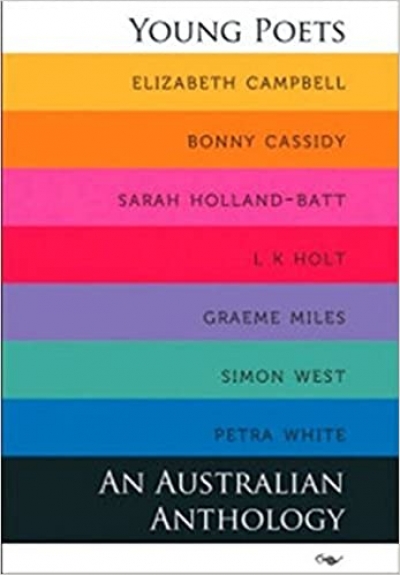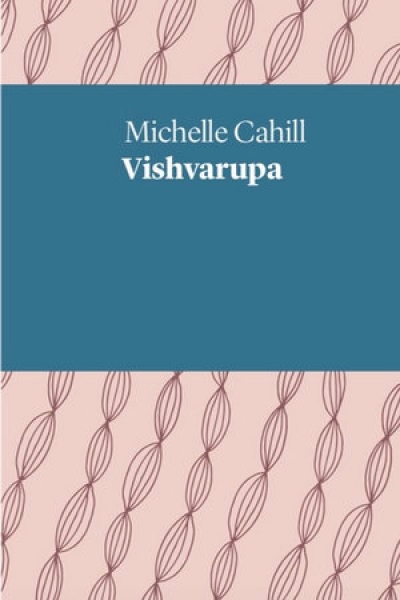Australian Poetry
'Night Guard, The Futures Museum after the ACMI Star Voyager Exhibition', a new poem by Lisa Gorton
by Lisa Gorton •
I
Rooms so familiar
they complete themselves in me –
this darkened hall where the glass cases,
Young Poets: An Australian anthology edited by John Leonard
by Maria Takolander •
'Oscillations', a new poem by Toby Fitch.
... (read more)1
The far margin of wintering wetlands,
mist before sunrise. Outside my window
a rock parrot is perched on its fence-post.
Taking note might prompt some things:
look! Even a colon finds correlation
with the eyes of Hoji’s frog, and the king’s.
The answer could only be yes. Or,
(as James would have it) it was a question,
the way she turned back to him
seemed to say, that deserved




